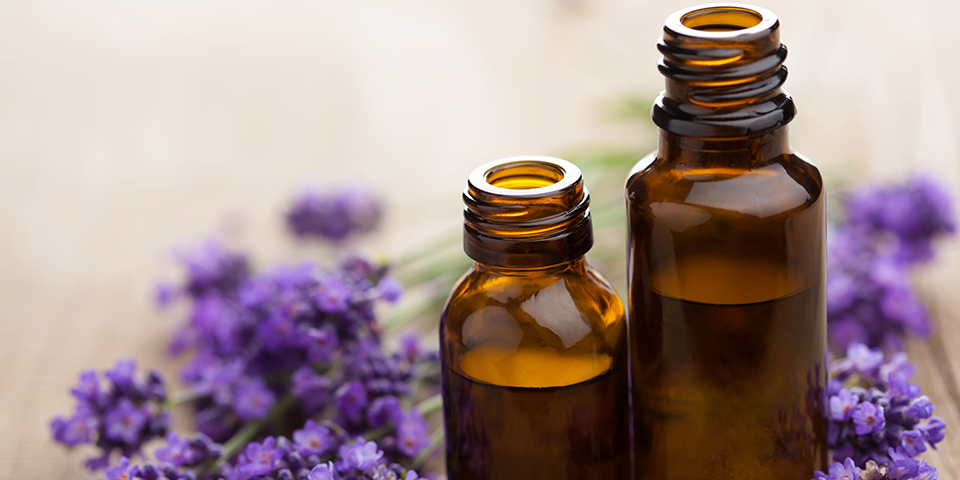A study recently published in the Medical Journal of Australia has revealed that poisoning by essential-oil exposure is on the rise, with 63 per cent of cases occurring in children under the age of 15.
Readily available in pharmacies, essential oils are commonly used topically or in diffusers, with some suppliers recommending small amounts of oral ingestion.
The retrospective study looked at essential-oil exposure calls to the NSW Poisons Information Centre (NSWPIC) between July 2014 and June 2018.
Study results showed:
- A total of 4,412 essential-oil exposures were reported during the four-year study period.
- 31 per cent of callers had symptoms of poisoning at the time of the call.
- The number of calls increased from 1,011 in 2014-15 to 1,177 in 2017-18.
- Most exposures were accidental (80 per cent) or the result of therapeutic error (13 per cent) such as mistaking essential oils for liquid pharmaceuticals, usually cough liquids (14 per cent).
- 105 cases were found to be due to misinformed use.
- 63 per cent of those exposed where under the age of 15.
The oils most frequently involved in poisoning were found to be:
- Eucalyptus (46.4 per cent).
- Tea tree (17 per cent).
- Lavender (6.1 per cent).
- Clove (4.1 per cent).
- Peppermint (3.5 per cent).
Lead study researcher Dr Rose Cairns, Director of Research at the NSWPIC and lecturer at the University of Sydney, warned that essential oils can cause severe toxicity when ingested, with risk depending on the oil used.
“The onset of toxicity can be rapid, and small quantities (as little as 5ml) can cause life-threatening toxicity in children,” she said.
In-store, it is recommended that essential oils are kept separate from oral medications, to prevent mistaking the oils for other products, such as cough liquids.
“Flow restrictors and child-resistant closures would be desirable, but containers are only required to have such closures when the essential oil volume exceeds 15ml,” Dr Cairns said.
“As severe toxicity can be caused by as little as 5ml, this is inadequate for protecting children.”
For more information and to read the study, click here.






